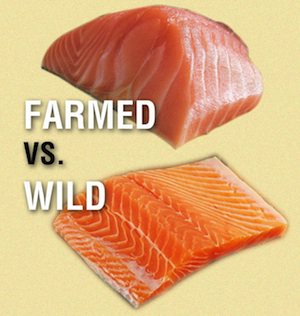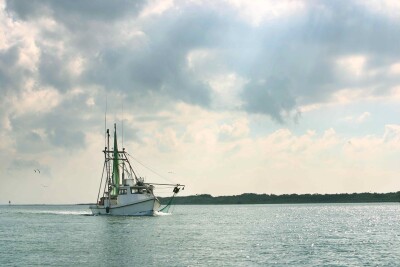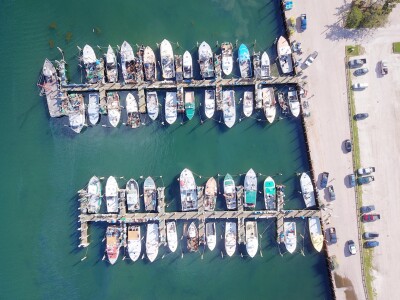Stories about seafood in the mainstream media aren’t always bad news. In “The Name Game” (page 8 of our November issue) National Fisherman columnist Roger Fitzgerald praises an August New York Times article by Mark Bittman for its surprising accuracy about salmon.
But the majority of Fitzgerald’s media examples are the more common misstatements surrounding news coverage of seafood, including mistakes in nutrition articles and some fishy fraud investigations.
Then there are stories that seem designed to incite the commercial fishing industry. In last week's Washington Post article “Farmed vs. wild salmon: Can you taste the difference?” wild salmon took a beating from farmed in a blind taste test. The writer does admit that the winner, Costco frozen Atlantic salmon from Norway, may have had an edge because it was packed in a 4-percent salt solution.
Still, farmed salmon won overall, taking the first five spots of the 10 varieties that were taste-tested and leading the writer to conclude: “One thing, though, is certain. You’ll never catch any of us saying wild salmon tastes better than farmed.”
Predictably there was outrage in the comments. Wild salmon is sacred to many in the Northwest and Alaska — and many of our readers. Some of them point out that pitting the two against each other was unfair, because wild (Pacific) and farmed (Atlantic) are different species. It might also be fair to say that American palates are usually inclined to the fish landed near them (though I don’t know the background of the panelists, the taste-test took place in Washington, D.C., not Washington State).
But it’s also probably fair to say that milder farmed salmon is more in tune with many Americans who are unfamiliar with seafood. I know people who are intimidated by seafood, and that's a problem for many in this country with the average American only eating about 15 pounds of seafood per year (compared to 110 pounds of red meat and 74 pounds of poultry).
But what if someone reads an article about the health benefits of seafood and decides to try it? If they're afraid of encountering strange, fishy flavors at the seafood counter, maybe it’s best to start them out with some frozen, salty farmed salmon from Costco. Taking that first step could open the door to the fascinating and delicious world of seafood, where it comes from and who catches it.
To most of the general public, particularly those who don’t eat it, the debate over farmed versus wild is not that relevant. Fish is fish. Farmed salmon could be the gateway drug that leads those who are unfamiliar with seafood to explore different preparations, recipes and species. As they learn, maybe they’ll become a little more adventurous and take a walk on the wild side too.







